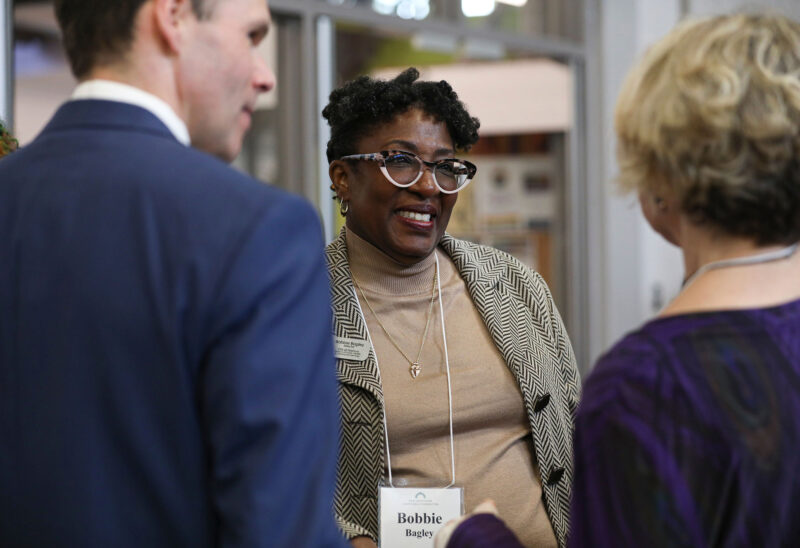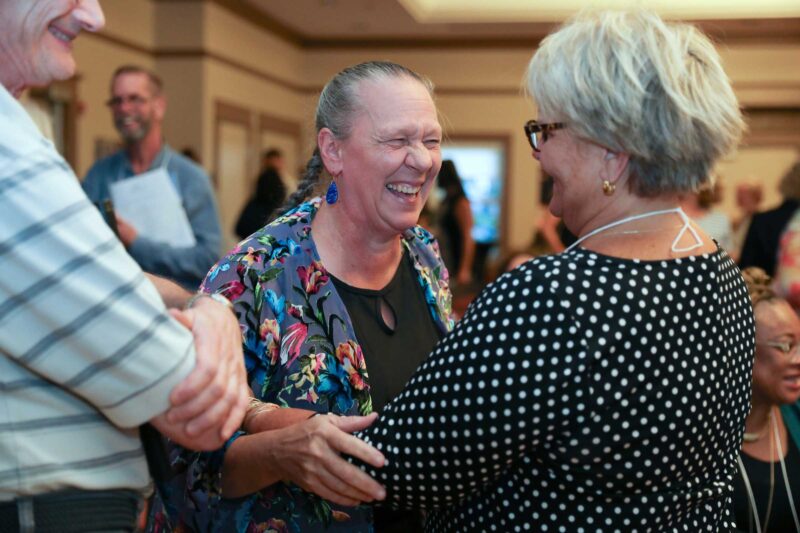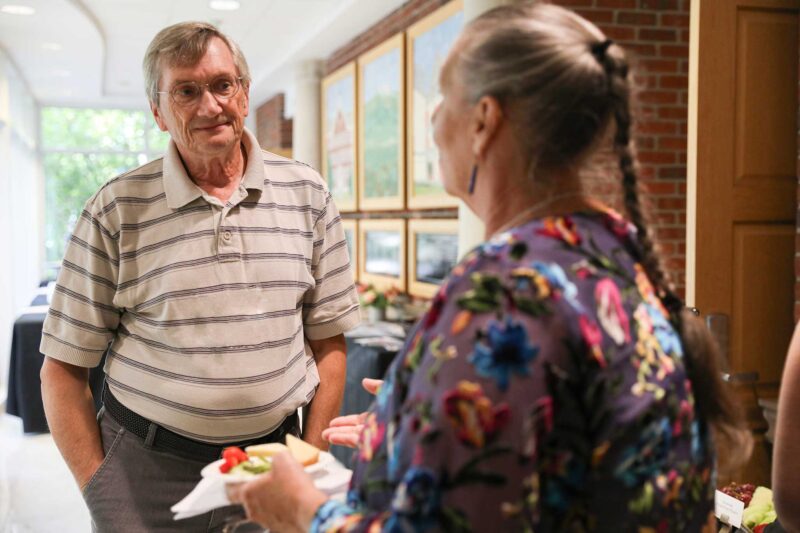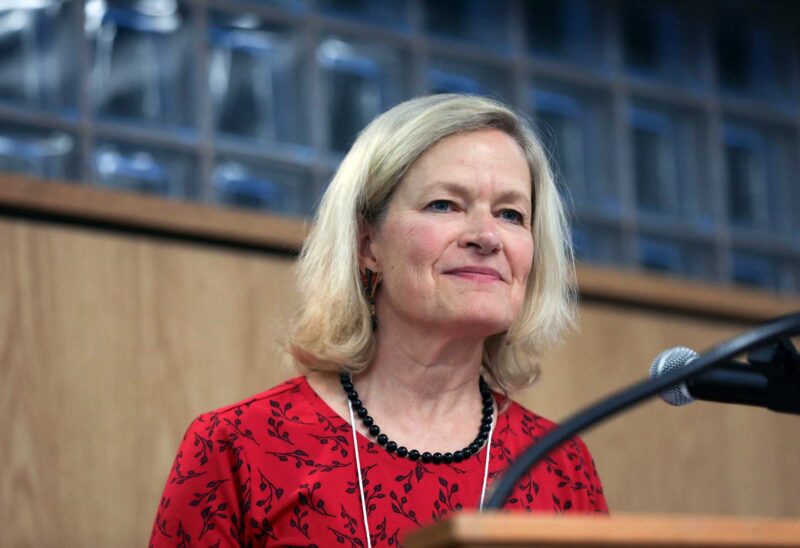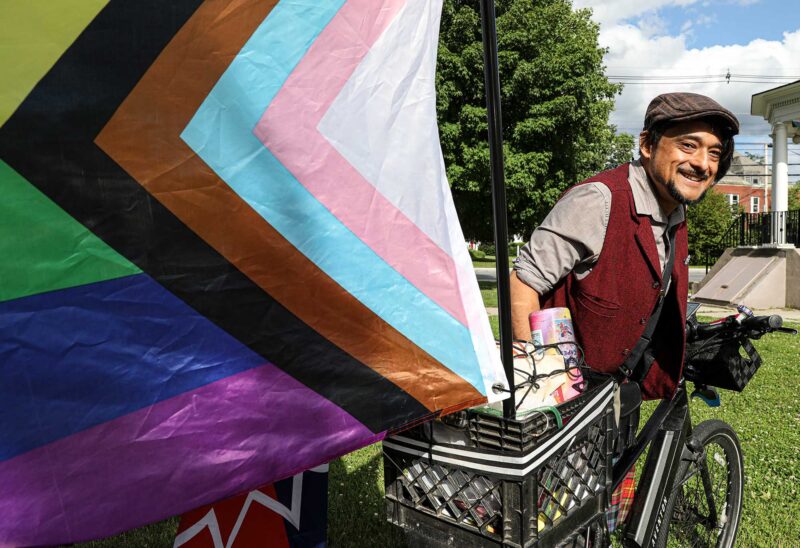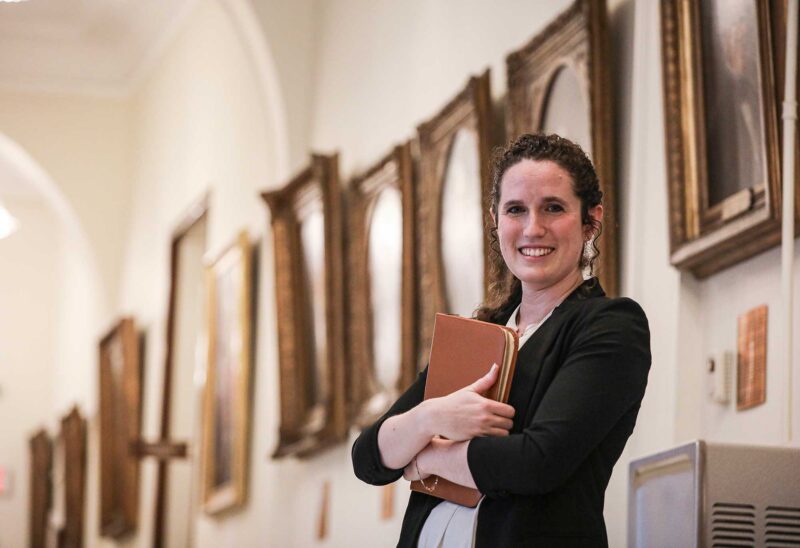In my practice as a tax, trusts and estates attorney, I work with many people planning for retirement. I see them seeking out new experiences and embracing the opportunity to give of themselves to organizations and causes about which they feel passionate. I see people making critical retirement decisions (including decisions about where to move) based in part on the volunteer opportunities that are available to them.
Increasingly, people are not “retiring in place,” but choosing communities that have the kind of facilities they need — and that afford them access to the kinds of experiences they want to have. People pick retirement destinations because they have found the museum, the symphony, the library or the hospital in which they intend to volunteer.
That involvement is really good for everyone — for the volunteers and donors, for the nonprofits and for the communities they serve. Study after study shows that people who stop being involved fail more quickly, mentally and physically. And people who are active and engaged are happier and healthier.
A 2018 study from the Lilly Family School of Philanthropy found that men and women continue to give after retirement; people who have been generous during their working lives will keep right on being generous after they retire, both with their time and their money, and derive the same satisfaction and sense of purpose from that giving.
Here are some effective tools to consider when planning for giving during retirement:
- Giving stock: Many retirees own low-basis stock that has been in their portfolio for decades; a sale of this stock would result in significant capital gain. Rather than gift cash to charities, retirees can gift their low-basis stock instead. The nonprofit organization can then sell the stock without paying any capital gain, thus enhancing the total value of the gift.
- Donor-advised funds: Many people use donor-advised funds to give throughout their working lives and continue to use them during retirement. Since selling a family business is often the catalyst for retirement, the time of a sale is often a good time to establish or grow a donor-advised fund. That transition can be a very difficult time to make thoughtful decisions about charitable gifts, but donating into a donor-advised fund allows you to set money aside — and make decisions about how to allocate those resources later, while also reducing tax burden at the time of the sale. The New Hampshire Charitable Foundation offers donor-advised funds — and their staff is expert at connecting generous people with nonprofit organizations doing great work to make sure your charitable dollars do the most good. If you wish, you can name your children as advisors to your fund, involving the next generation in giving now, or name them or others as successor advisors, to carry on your giving traditions. Other types of charitable funds — like scholarships, or funds to benefit a specific interest area or region, can also be established.
- Power of attorney: When preparing powers of attorney, I always ask if my clients also want to authorize their agents to engage in charitable giving on their behalf. Invariably, the answer is yes. Powers of attorney can be drafted to allow an agent to continue a client’s pattern of charitable gifting if the client is no longer able to do this herself.
- Gifts from IRAs: If you are over 70½, your required minimum distribution from a traditional IRA, or a portion of it, can be paid directly to a qualified 501(c)(3)nonprofit. The amount that is gifted to charity is not included in your adjusted gross income, which often results in tax savings. Retirees can also consider naming charities as beneficiaries of their IRAs via beneficiary designation.
Retirement today looks very different from the way it looked for our parents. Today’s retirees are living longer — often 20 years beyond their retirement date. They view retirement as an opportunity to pursue their passions by working, volunteering, traveling and expanding their social networks. As each new generation moves into retirement with new passions and connections, giving and volunteering will continue to add purpose and satisfaction to their lives. And that is good news for everybody.
This article originally appeared in the February 14, 2019 issue of New Hampshire Business Review as part of the “Greater Giving” series, a partnership between NHBR and the Charitable Foundation that promotes a culture of giving in New Hampshire’s business community.
Elise Salek, an attorney who chairs the Sulloway & Hollis Tax, Trusts and Estates Practice Group in Concord, also serves on the New Hampshire Charitable Foundation’s Capital Region advisory board. For more information on how the Charitable Foundation works with families and businesses on charitable planning and giving, contact Laura Rauscher, director of development and philanthropy services, at 800-464-6641, ext. 274, or Ynhen.Enhfpure@aups.bet.

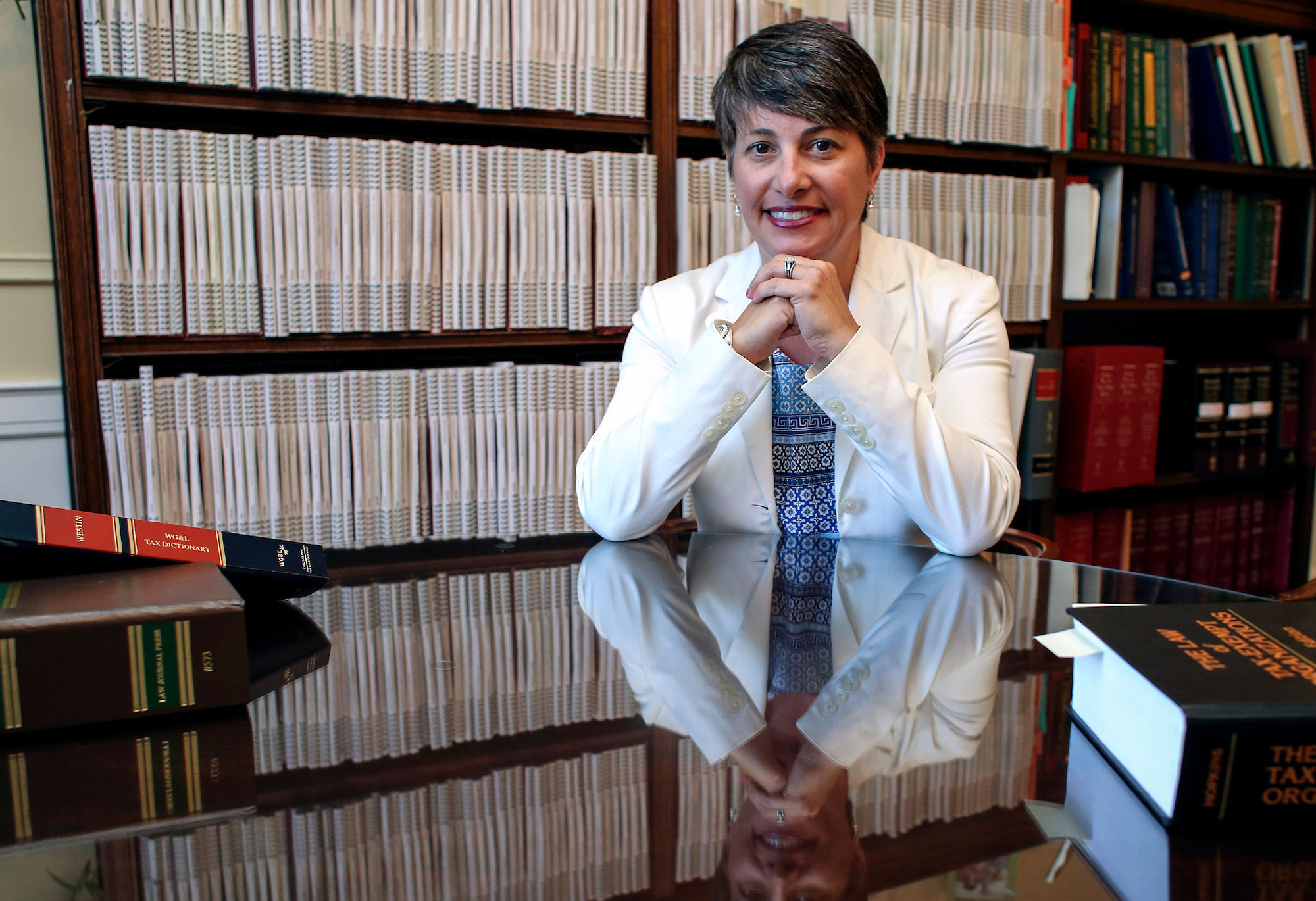






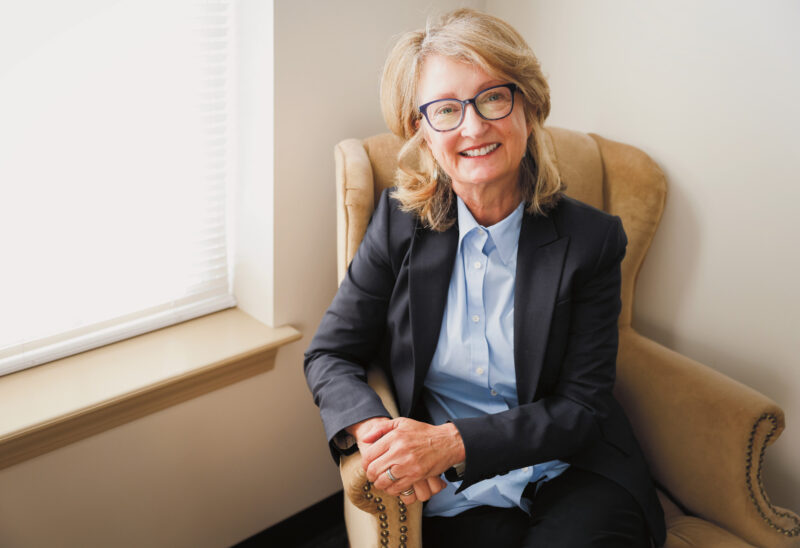
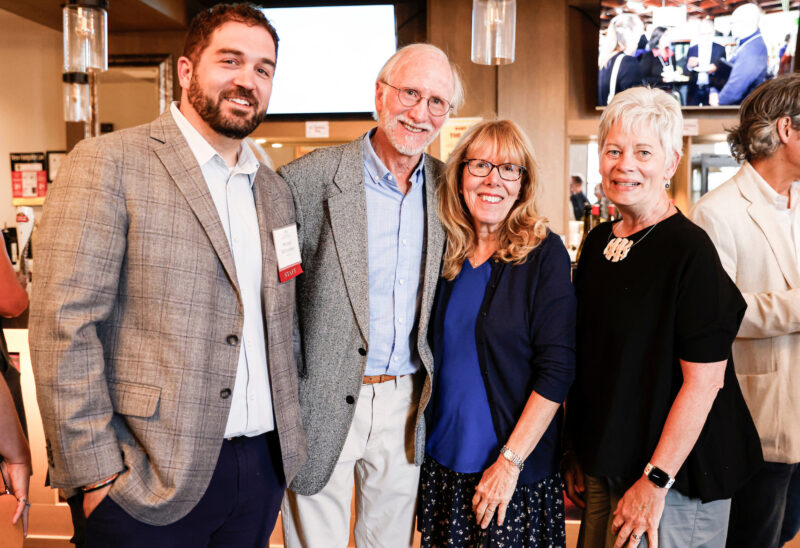
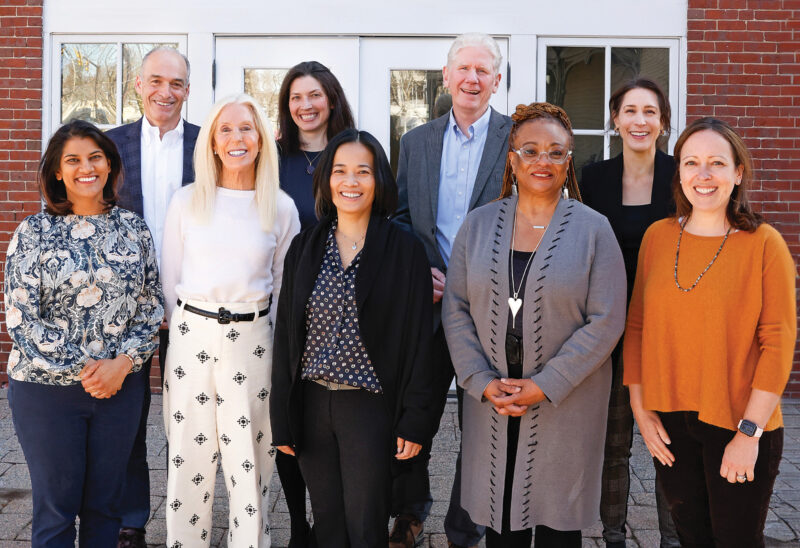
![Indrika Arnold, Senior Wealth Advisor, the Colony Group [Photo by Cheryl Senter]](https://www.nhcf.org/wp-content/uploads/2024/05/Indrika-Arnold-Hero-800x534.jpg)


